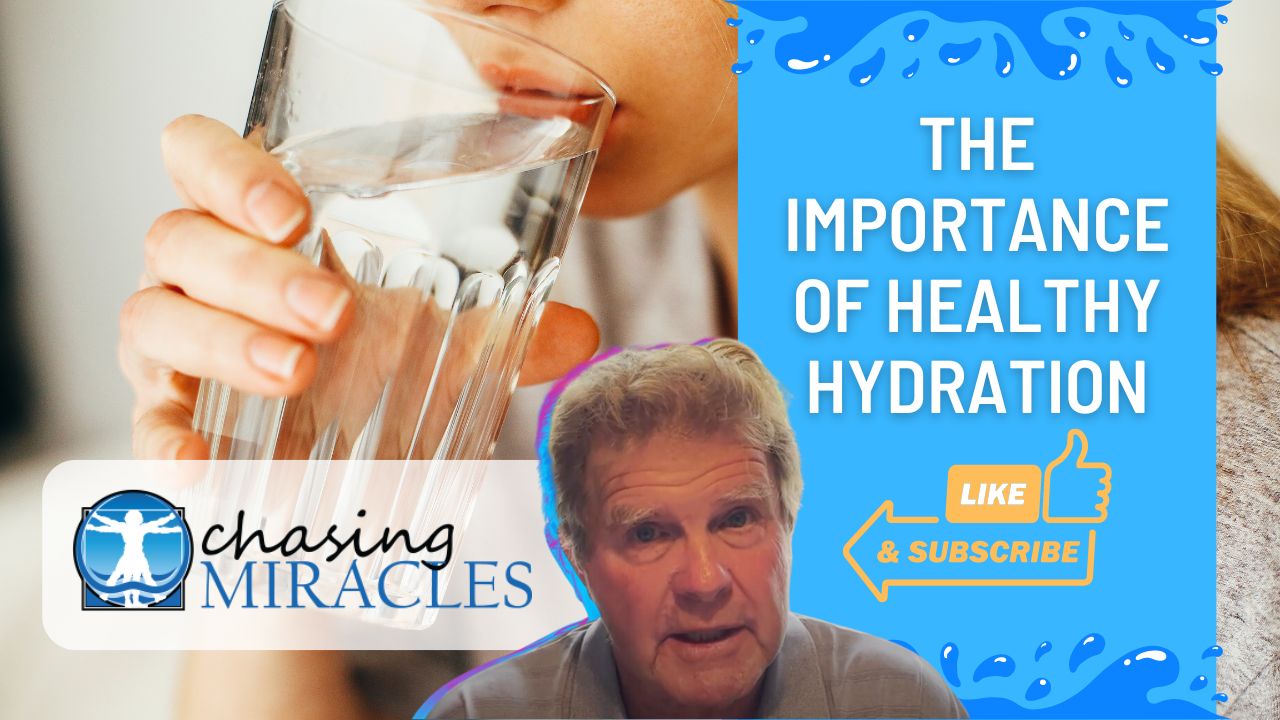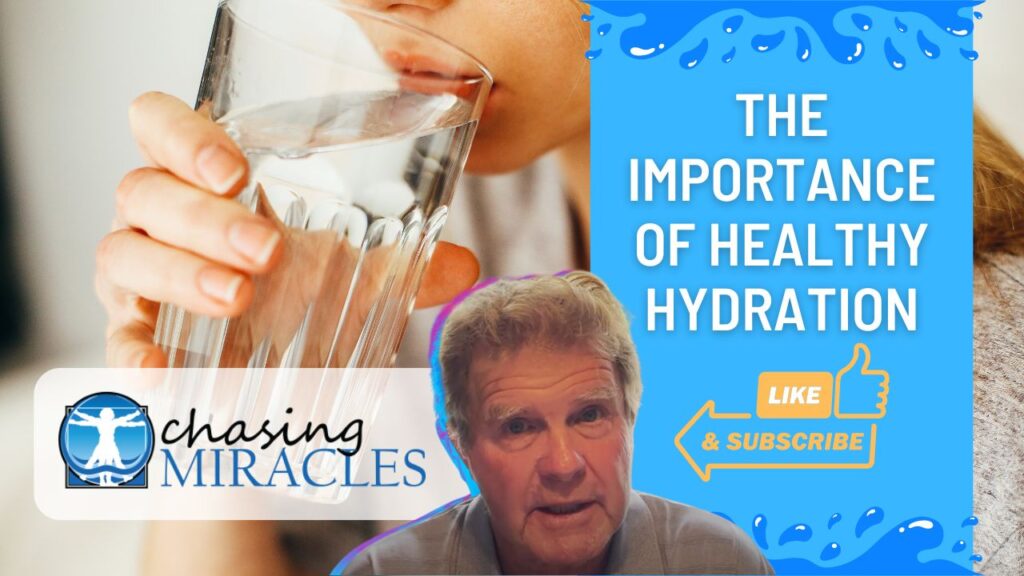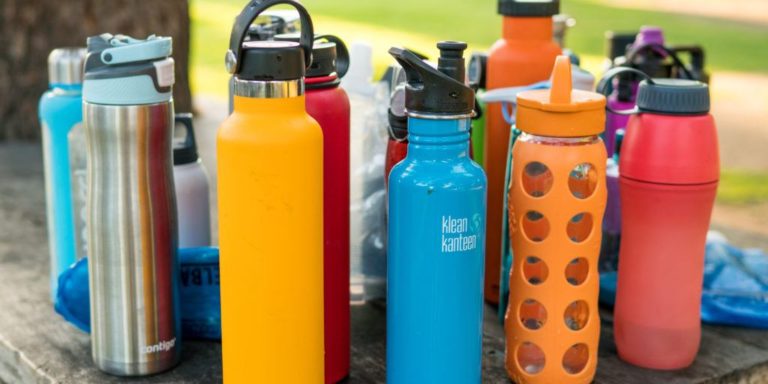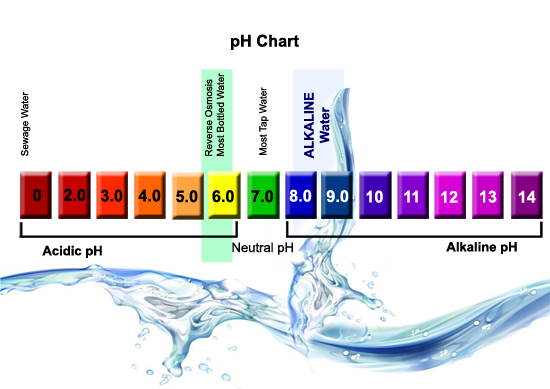Water is essential for life, comprising about 70% of our bodies. Yet, many people overlook the significance of staying hydrated. This article explores the critical role of water in our health and wellness, the effects of dehydration, and practical tips for ensuring proper hydration.
Understanding the Role of Water in the Body
Water is not just a beverage; it is a fundamental component of our bodily systems. It plays various roles that are crucial for maintaining health.
- Regulates body temperature
- Transports nutrients
- Removes waste products
- Supports cellular function
- Aids digestion
Without adequate hydration, the body struggles to perform these vital functions. The consequences can be severe, affecting both physical and mental health.
Consequences of Dehydration
Dehydration can lead to a range of health issues. When the body lacks sufficient water, it can trigger numerous symptoms and conditions.
- Fatigue
- Headaches
- Constipation
- Joint pain
- Kidney stones
- Increased anxiety and stress
Moreover, chronic dehydration has been linked to more severe health problems, such as:
- Cancer
- Heart disease
- Alzheimer’s disease
- Autoimmune disorders
Understanding these risks emphasizes the importance of maintaining proper hydration levels daily.
Water: The Elixir of Life
Water is often described as magical due to its profound impact on health. It is essential for every cell in the body, affecting everything from brain function to physical performance.
Consider the spine, which consists of discs that are 70% water. Hydrating these discs helps maintain mobility and flexibility. The ability to perform daily activities, such as walking, jumping, and playing, relies heavily on proper hydration.
Hydration and Physical Activity
Staying active is vital for overall health, especially as we age. Water plays a crucial role in supporting physical activity.
- Enhances endurance
- Prevents muscle cramps
- Supports recovery
- Improves performance
Drinking enough water can help maintain energy levels and improve overall well-being. Staying hydrated is particularly important for older adults who may already face mobility challenges.
Healthy Hydration Practices
To ensure proper hydration, consider incorporating the following practices into your daily routine:
1. Drink Water Regularly
Make a habit of drinking water throughout the day. Aim for at least eight 8-ounce glasses, but your needs may vary based on activity level and climate.
2. Choose Water Over Sugary Beverages
Opt for water instead of soda, juice, or other sugary drinks. These beverages can contribute to dehydration and other health issues.
3. Eat Hydrating Foods
Include fruits and vegetables with high water content in your diet. Some excellent choices include:
- Watermelon
- Cucumbers
- Strawberries
- Spinach
4. Monitor Your Hydration
Pay attention to your body’s signals. Thirst is an obvious sign, but other indicators include:
- Dark urine
- Dry mouth
- Fatigue
5. Use a Reusable Water Bottle
Keep a water bottle with you to encourage regular sipping throughout the day. This can help make hydration more convenient.
Debunking Hydration Myths
There are many misconceptions about hydration that can lead to confusion. Here are a few common myths debunked:
Myth 1: Coffee and Tea Dehydrate You
While caffeine has a mild diuretic effect, moderate consumption of coffee and tea does not lead to dehydration. These beverages can contribute to your daily fluid intake.
Myth 2: You Only Need Water When You’re Thirsty
Waiting until you’re thirsty can lead to dehydration. It’s best to drink water regularly, even if you don’t feel thirsty.
Myth 3: All Beverages Hydrate Equally
Not all drinks are equal when it comes to hydration. Water is the best choice for hydration, while sugary drinks can have the opposite effect.
Healthy hydration is vital for overall well-being.
Water is not merely a beverage; it is the foundation of health. By understanding the importance of water and implementing simple hydration practices, you can significantly improve your health and quality of life.
Remember, hydration is a lifelong commitment. Make it a priority, and your body will thank you.






